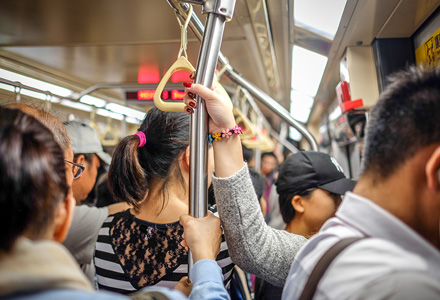
Taiwan encourages the meaningful inclusion of people with disabilities in the workforce, having enacted the People with Disabilities Rights Protection Act in 1980. The act was last amended in 2015. Companies meeting requirements set out in this act have a responsibility to create employment opportunities for people with disabilities.
Headcount
Companies employing over 67 people must employ at least one person with disabilities, with the total employed exceeding 1% of total headcount. Companies can choose not to meet this requirement and instead contribute to local employment funds for people with disabilities in amounts equal to the monthly minimum wage per number of vacant positions. In practice however, it is not common for businesses to simply contribute funds to avoid this requirement. According to Ministry of Labor statistics, only 12.1% of private companies failed to meet this quota in 2017.
Penalties
Companies failing to meet the 1% quota without a valid reason are liable for fines ranging from NT$20,000 (approx. US$700) to NT$100,000 (approx. US$3,510). Violators will also be named and shamed.
Hiring
To avoid violating anti-discrimination laws, when hiring, it is recommended that companies use inclusionary language such as “position suitable for people with disabilities” (工作內容適合身心障礙者) or “priority consideration for applicants with disabilities” (身心障礙者優先) in job advertisements.
Salary
Companies that employ people with disabilities shall abide by the principle of “same pay for same work” and treat them without any discrimination. Similarly, wages paid must not fall below the minimum wage set by the government (currently NT$23,100 a month or NT$150 an hour).
Accessibility
Places of business, like public areas, buildings and transportation, must allow the free entry of guide dogs, hearing dogs, mobility assistance dogs or those currently under training. Taiwan’s building code requires commercial buildings to meet requirements for disability friendly facilities such as wheelchair ramps, elevators and toilets for the disabled. Meeting these requirements is the responsibility of the building developers and owners, and not likely to affect businesses that rent offices in such buildings.
For more information on employment matters in Taiwan, please contact Christine Chen at cchen@winklerpartners.com.
Written February 18, 2019 By Christine Chen.
